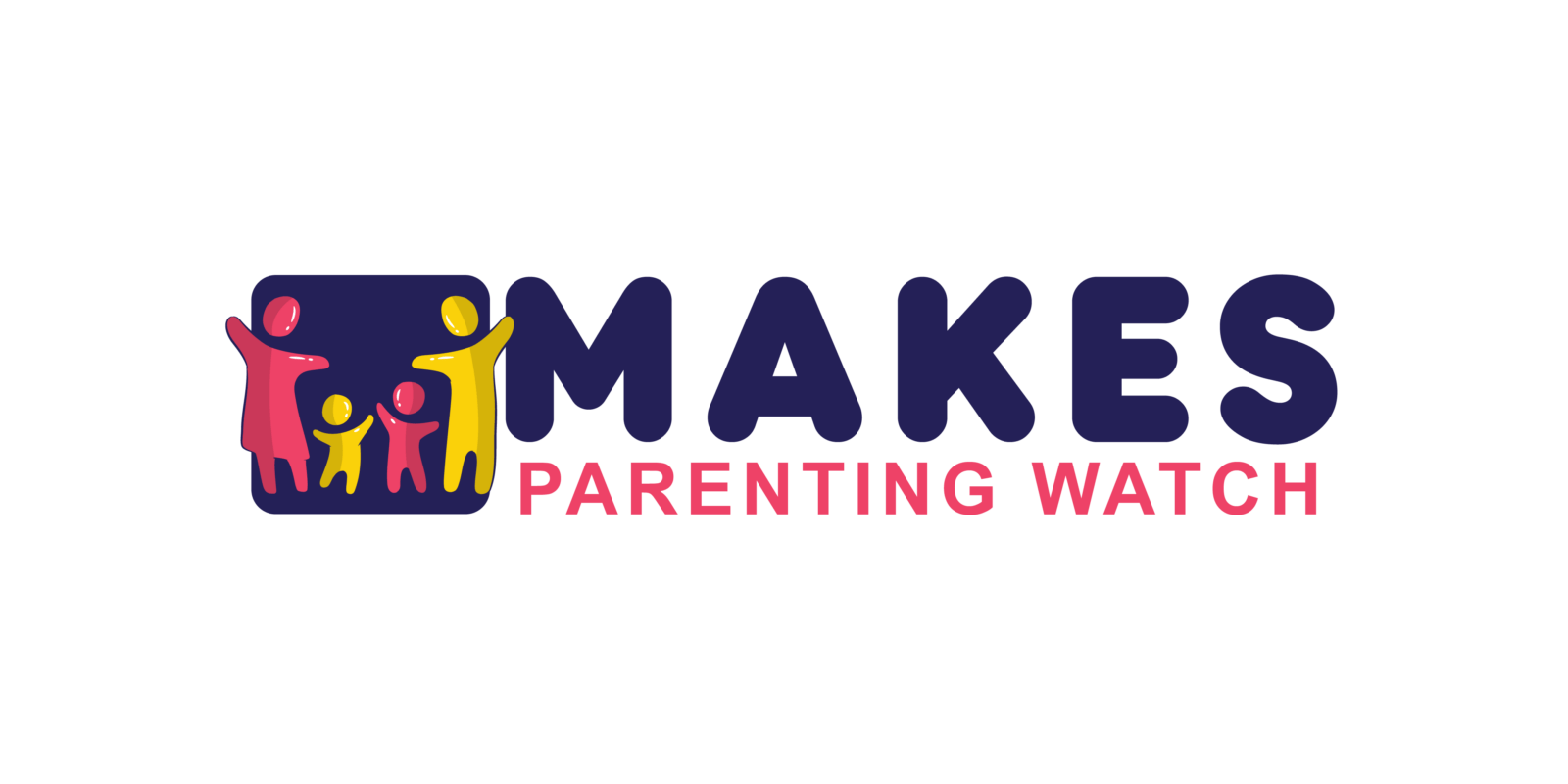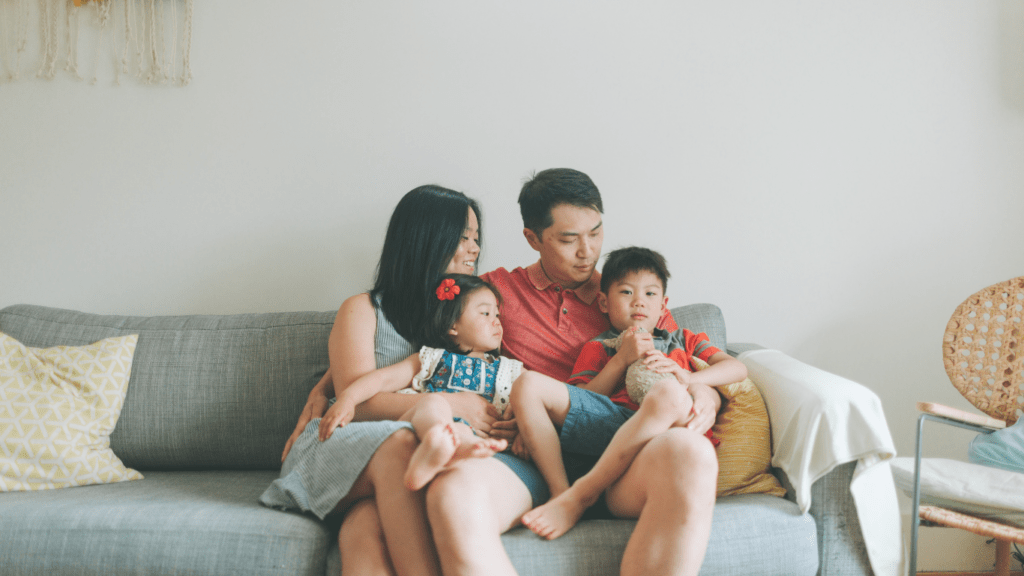Tech Conscious (Not Tech Obsessed) Parenting
Screens aren’t going anywhere, but how parents manage them is evolving fast. Instead of defaulting to iPads as babysitters, today’s families are thinking more critically about when, why, and how screens show up in daily life. It’s less about hours logged and more about impact.
Smarter screen time starts with boundaries that actually serve the child: devices off after dinner, no screens in bedrooms, and choosing experiences over passive consumption. Parents are stepping up their own digital literacy too, not just to monitor but to model.
There’s also a shift toward intentional tech. Platforms like Khan Academy Kids, Sago Mini, and Toca Boca are getting more traction not because they’re shiny, but because they’re designed around real developmental goals. Tools that teach coding, creativity, or problem solving are now favored over endless autoplay.
The baseline is changing. Digital parenting is no longer about keeping kids quiet it’s about teaching them how to be smart, safe, and purposeful users from the start.
Emotional Intelligence as a Core Skill
Parents are pivoting hard toward raising emotionally aware kids. Gone are the days when feelings were brushed aside with a “you’ll be fine.” Today, it’s about helping kids name their emotions, understand them, and respond with empathy not just compliance. Emotional intelligence isn’t fluff; it’s being treated as foundational as math and reading.
Mindfulness exercises, deep breaths, and check in conversations are showing up in kitchen tables and bedtime routines. Parents are opting for emotional coaching over correction asking questions like “What were you feeling when that happened?” instead of defaulting to “Why did you do that?”
The goal isn’t to shield kids from discomfort, but to help them sit with it, move through it, and grow stronger from it. This shift is subtle but powerful: fewer timeouts, more time ins. Fewer lectures, more listening. Emotional fluency is the skill set more families are prioritizing in 2026 and it’s reshaping what a “good parent” looks like today.
Flexible Family Roles
The old playbook is fading fast. Dual career households are now the norm, not the exception. Stay at home dads are more visible, and the stigma has all but disappeared. Roles aren’t fixed they flex. Parenting in 2026 looks a lot more like teamwork than tradition.
Kids aren’t just onlookers anymore either. They’re weighing in on dinner choices, weekend plans, and even family finances. From toddlers choosing what books to read to teens helping plan family trips, inclusive decision making is becoming the baseline, not a bonus.
Tools are catching up, too. Co parenting apps, shared digital calendars, and AI driven scheduling assistants are easing the logistics for families that don’t fit a 1950s mold. Non traditional structures blended families, communal parenting, cohabitating relatives are getting more support from everything from school systems to healthcare providers.
It’s not about “replacing” traditional families. It’s about making room for the way families actually live and function now.
Personalized Learning at Home

Homeschooling isn’t going anywhere it’s just evolving. The surge that started in 2020 hasn’t slowed, but it looks different now. Today’s parents are less focused on replicating the old classroom model at the kitchen table and more interested in building flexible, interest driven learning environments.
What’s new? Micro schools, co ops, online academies, and part time mentors. Instead of going it alone, families are curating ecosystems of support. A kid might do project based science through one platform, join a small local history pod, and meet weekly with a writing coach over Zoom. It’s modular, adaptive, and built around curiosity.
Rigid curriculums are taking a back seat to mastery and flow. Parents want their kids to understand things deeply not just pass a test. This model rewards creativity, deeper focus, and self direction. In short, homeschooling is becoming less about isolation and more about personalization. It’s a smarter system, and it’s not just for the fringe anymore.
Eco Intentional Parenting
Today’s parents aren’t just recycling they’re rethinking the entire way they raise kids. Sustainability has gone from a nice to have to a core value, baked into daily choices. Resell culture is booming, especially in baby and toddler gear. Parents are swapping strollers, buying secondhand clothes, and favoring brands committed to circular models.
Zero waste parenting is becoming less of a fringe idea and more of a practical goal. From reusable snack bags to compostable diapers, caregivers are opting for products that reduce impact without sacrificing function. Organic food and textiles are now seen less as luxuries and more as default choices.
But it’s not just about what parents do it’s about what they teach. Mindful consumption is becoming a life skill passed down from day one. Kids are learning how to mend instead of toss, how to question what they buy, and why it’s worth caring about the planet. Climate responsibility is being modeled, not just mentioned.
This isn’t about perfection it’s about raising humans who understand they’re part of something bigger. Eco intentional parenting keeps the focus local, daily, and doable.
Building Resilience, Not Overprotection
Parents in 2026 are finally backing off the gas pedal. The era of helicopter parenting hovering, over scheduling, shielding kids from anything uncomfortable is giving way to something more sustainable: resilience. More families are letting their kids scrape their knees a bit, metaphorically and literally.
This isn’t about being hands off. It’s about letting kids face real moments of boredom, frustration, even small failures and figuring things out on their own. That self directed time? It’s where confidence starts. The payoff is long term: problem solving, independence, grit. Things we say we value, but don’t always teach.
Structurally, this looks like fewer planned activities, less micromanaging homework, and more open afternoons where kids decide how to spend their time. Play, mess, even conflict it’s all part of the lesson.
The shift might feel uncomfortable to parents used to scheduling every hour. But in a future that prizes adaptability, stress tolerance, and emotional strength, this hands lighter approach is slowly proving to be the better bet.
Explore previous parenting trend updates
The Shift Toward Purpose Driven Parenting
The bar for parenting success is shifting. More families are done playing the comparison game grades, trophies, checklists they’re no longer the goalpost. Instead, a growing number of parents are focusing on raising kids with clarity: clarity about who they are and what they stand for.
Conversations at home now include values, identity, and the impact we have on others. Kids are asking bigger questions, and parents aren’t dodging them. From talking about fairness and equity to discussing social issues tied to their digital lives, the dinner table has become a breeding ground for purpose.
This lens is changing how kids show up online, too. They’re encouraged to produce content that reflects their real interests, help causes they care about, and connect with communities that matter. It’s not about chasing likes it’s about showing up for something.
Purpose driven parenting isn’t about molding perfect kids. It’s about raising aware, motivated humans who can lead with intention on screens and in real life.


 Editheena Kees – Health and Wellness Specialist Editheena Kees is a dedicated Health and Wellness Specialist at Makes Parenting Watch, where she combines her expertise in pediatric health, nutrition, and mental wellness to offer parents comprehensive support for raising healthy children. With a background in public health and family nutrition counseling, Editheena understands the importance of a balanced approach to both physical and mental well-being. She writes extensively on topics such as healthy eating habits for children, strategies for managing parental stress, and the importance of self-care for new parents. Editheena also emphasizes the significance of fostering healthy emotional development in children, offering tips on building resilience and maintaining strong family connections. Her holistic approach ensures that families are equipped not just to survive the challenges of parenting, but to thrive. In addition to her writing, Editheena collaborates with healthcare professionals to provide readers with the latest research and recommendations in child health.
Editheena Kees – Health and Wellness Specialist Editheena Kees is a dedicated Health and Wellness Specialist at Makes Parenting Watch, where she combines her expertise in pediatric health, nutrition, and mental wellness to offer parents comprehensive support for raising healthy children. With a background in public health and family nutrition counseling, Editheena understands the importance of a balanced approach to both physical and mental well-being. She writes extensively on topics such as healthy eating habits for children, strategies for managing parental stress, and the importance of self-care for new parents. Editheena also emphasizes the significance of fostering healthy emotional development in children, offering tips on building resilience and maintaining strong family connections. Her holistic approach ensures that families are equipped not just to survive the challenges of parenting, but to thrive. In addition to her writing, Editheena collaborates with healthcare professionals to provide readers with the latest research and recommendations in child health.
